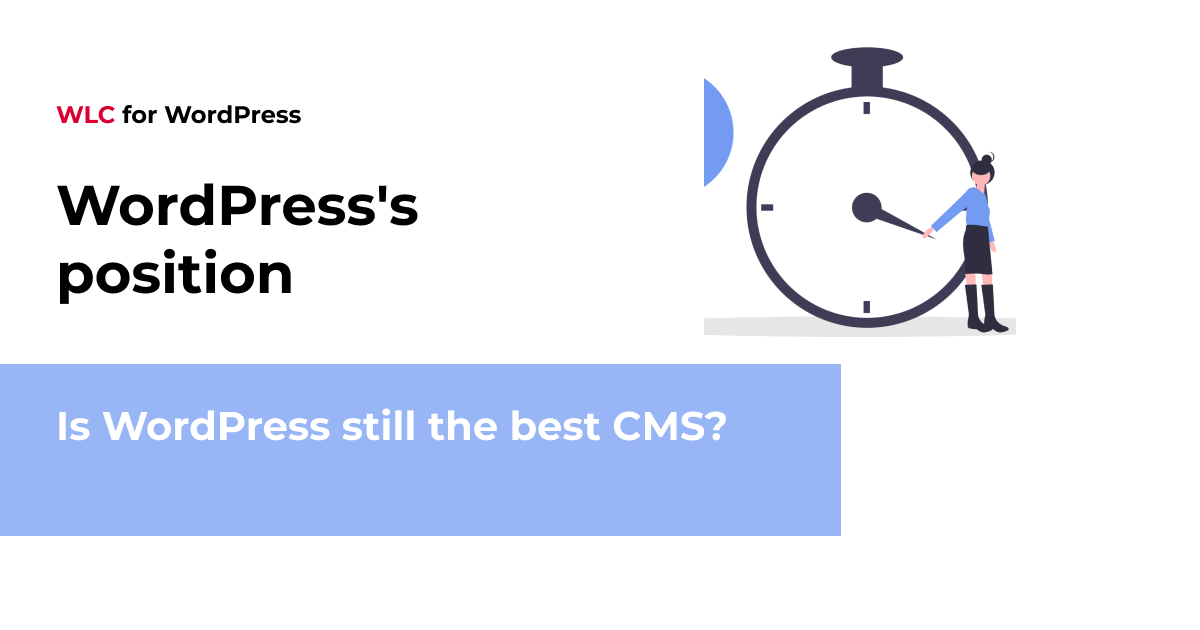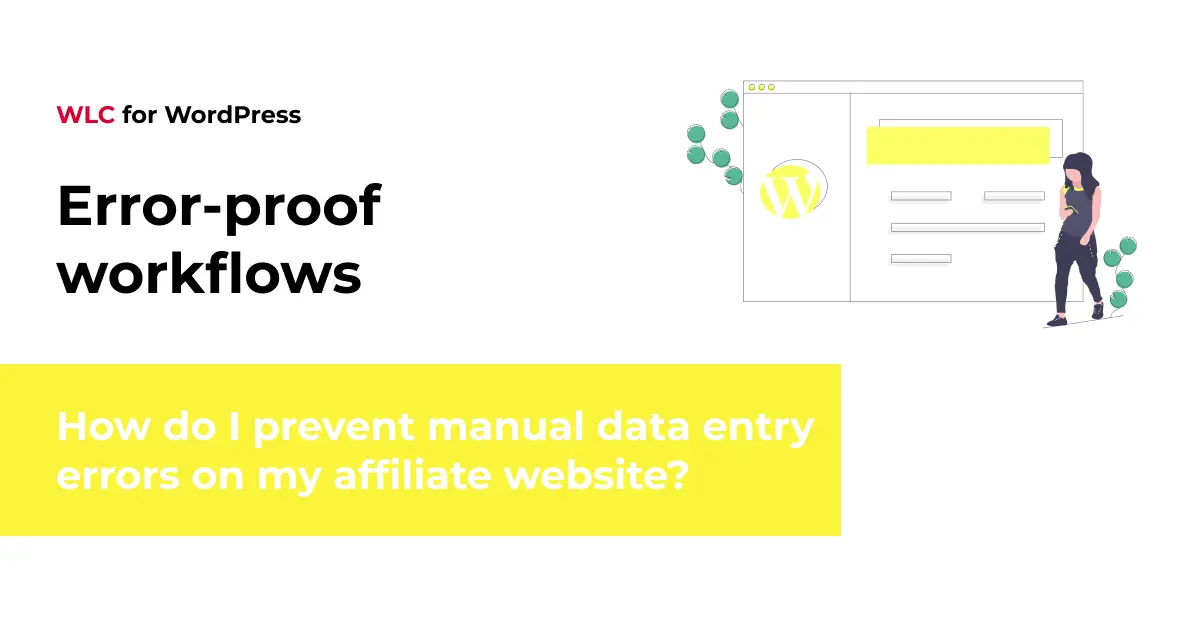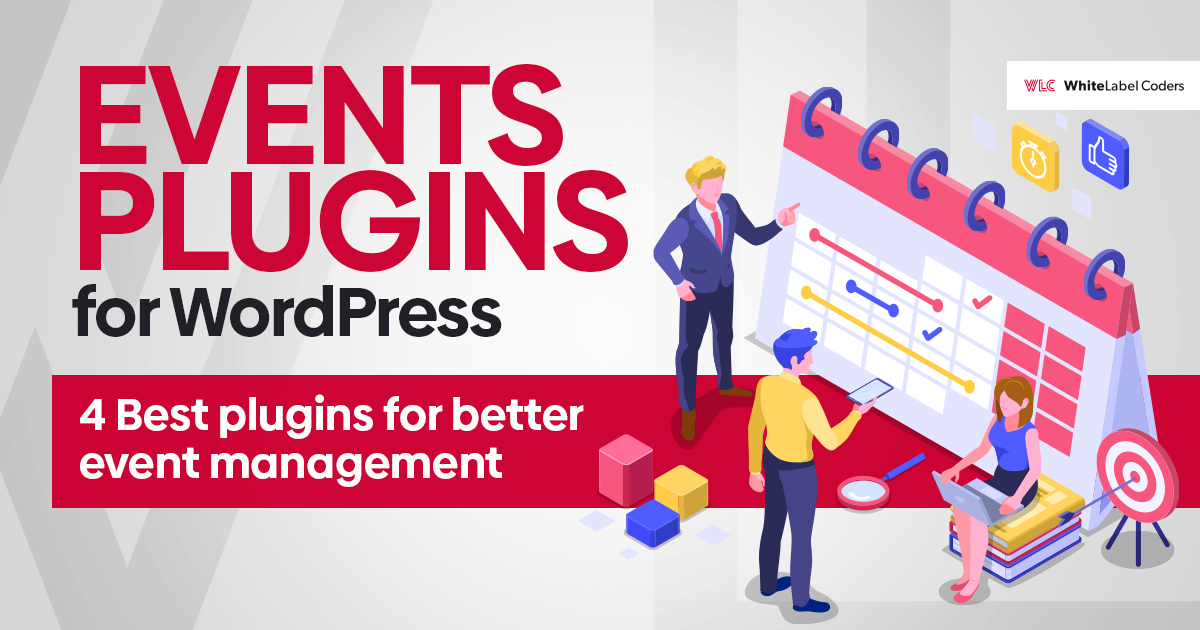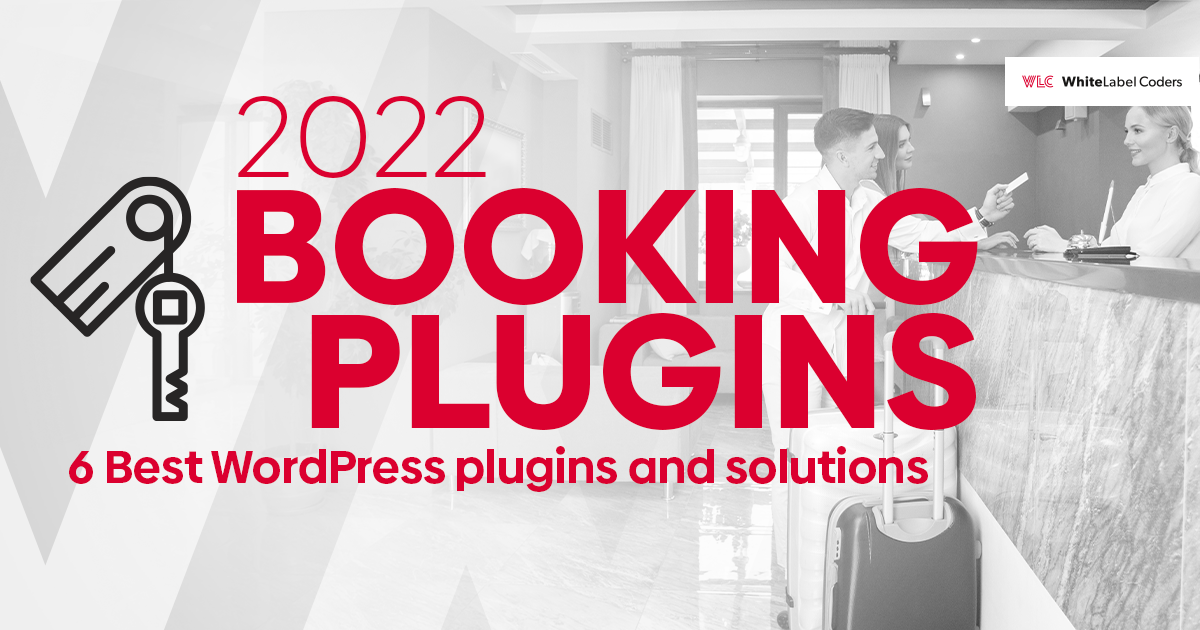Category: WordPress
Is WordPress still the best CMS?

Understanding WordPress’s position in today’s CMS landscape
WordPress has evolved dramatically from its humble beginnings as a simple blogging platform in 2003 to become the dominant force in the CMS market. Today, it powers more than 40% of all websites on the internet—from personal blogs to enterprise-level business sites and complex web applications.
This remarkable journey reflects WordPress’s ability to continuously adapt to changing web development trends while maintaining its core philosophy of democratizing publishing. What began as a tool for bloggers has transformed into a comprehensive ecosystem capable of powering everything from simple brochure sites to sophisticated e-commerce platforms, membership portals, and custom web applications.
The WordPress landscape now encompasses:
- A vast repository of 59,000+ plugins extending functionality
- Thousands of themes offering design flexibility
- A global community of developers and users
- An evolving core platform embracing modern development practices
- Integration capabilities with virtually any third-party service
Despite the emergence of numerous competitors, WordPress’s market dominance has remained relatively stable. This persistence isn’t merely due to inertia – it reflects the platform’s continuous evolution and the unmatched depth of its ecosystem. For businesses seeking a balance of flexibility, control, and community support, WordPress continues to offer a compelling combination of benefits that few alternatives can match.
What makes WordPress still relevant in 2025?
WordPress maintains its relevance in 2025 through a combination of adaptability, ecosystem strength, and continuous evolution. Unlike more rigid platforms, WordPress has successfully navigated the changing web development landscape by embracing modern technologies while preserving its core strengths.
Several key factors contribute to WordPress’s enduring relevance:
- Unmatched flexibility: WordPress can be molded to create virtually any type of website – from simple blogs to complex e-commerce platforms, membership sites, or custom web applications. This adaptability makes it suitable for businesses at any stage of growth.
- Open-source foundation: The open-source nature of WordPress ensures continuous improvement, security updates, and innovation without licensing costs.
- Block editor (Gutenberg): The modern block-based editing experience has transformed content creation, making it more intuitive while enabling complex layouts without coding knowledge.
- Full-site editing: The evolution toward full-site editing capabilities allows for unprecedented visual customization options.
- REST API and headless capabilities: WordPress can now function as a headless WordPress CMS, providing content to front-end frameworks like React or Vue.js for modern web experiences.
The platform has successfully transitioned from traditional PHP templates to embracing modern JavaScript frameworks, RESTful APIs, and component-based design principles. This evolution ensures WordPress remains viable even as web development practices advance.
For businesses, this means an investment in WordPress custom development continues to deliver long-term value, as the platform adapts to incorporate emerging technologies and methodologies rather than becoming obsolete.
For B2B companies, especially those operating complex e-commerce platforms, multi-language sites, or integrating with ERP/CRM systems, WordPress remains a highly scalable and cost-efficient foundation—provided it’s implemented with enterprise-grade development practices.
How does WordPress compare to newer CMS alternatives?
When comparing WordPress to newer CMS alternatives, each platform offers distinct advantages for specific use cases. WordPress excels in flexibility and ecosystem depth, while newer platforms often prioritize specialized features or simplified workflows.
| CMS Platform | Key Strengths | Ideal Use Cases |
|---|---|---|
| WordPress | Ultimate flexibility, extensive ecosystem, SEO advantages | Multi-purpose sites, content-heavy platforms, custom functionality needs |
| Webflow | Visual design capabilities, clean code output | Design-focused sites, agencies prioritizing visual creation |
| Shopify | E-commerce specific features, simplified management | Pure e-commerce with standard functionality needs |
| Wix | Ease of use, all-in-one hosting and maintenance | Small businesses, simple sites, DIY website builders |
| Headless CMS (Contentful, Sanity) | Content API flexibility, separation of concerns | Omnichannel content delivery, custom front-end implementations |
The key difference between WordPress and many newer alternatives lies in the ownership and control spectrum. WordPress offers complete control over your data, code, and hosting environment, while many newer platforms trade this freedom for convenience through closed ecosystems or SaaS models.
WordPress has also been adapting to incorporate the strengths of these newer platforms. For instance, the block editor (Gutenberg) provides visual editing capabilities comparable to Webflow, while WooCommerce offers e-commerce functionality that rivals Shopify in depth, albeit with more configuration required.
The most significant advantage WordPress maintains is its ecosystem flexibility – it can be extended to match the specialized strengths of almost any competitor while maintaining a consistent backend experience and content repository.
What are the limitations of WordPress in modern web development?
Despite its strengths, WordPress does face legitimate limitations in modern web development contexts. Understanding these challenges is essential for making informed CMS decisions and implementing effective mitigation strategies.
The most significant limitations include:
- Performance considerations: WordPress’s PHP foundation and database-driven architecture can result in slower page load times compared to static site generators or JavaScript frameworks. This is particularly evident in out-of-the-box implementations without proper optimization.
- Security maintenance requirements: As the most popular CMS, WordPress is a frequent target for attackers. While the core is secure, the vast plugin ecosystem introduces potential vulnerabilities that require vigilant maintenance.
- Technical debt in legacy sites: Many WordPress implementations suffer from years of accumulated plugins, theme customizations, and outdated practices that create maintenance challenges.
- Learning curve complexity: While basic WordPress usage is accessible, developing custom solutions requires proficiency in multiple technologies (PHP, JavaScript, MySQL, etc.).
- Block editor transition challenges: The shift to Gutenberg has created friction for users accustomed to the classic editor and developers working with legacy code.
Many of these limitations are more pronounced in DIY implementations or projects built by non-specialists. Professional WordPress development teams mitigate these challenges through performance optimization techniques, WordPress security hardening, proper architecture planning, and modern development practices.
It’s worth noting that WordPress’s limitations are largely contextual rather than absolute. For many business cases, the platform’s strengths significantly outweigh these considerations, especially when implemented with expert guidance.
When should businesses choose WordPress over other CMS options?
Businesses should choose WordPress when they prioritize flexibility, scalability, and content management capabilities while maintaining ownership of their digital assets. WordPress is particularly well-suited for organizations that anticipate evolving needs and want a platform that can grow with them.
WordPress is typically the optimal choice in these scenarios:
- When content management is central to your digital strategy (blogs, news, resources)
- When you need both standard and custom functionality in one cohesive system
- When budget efficiency is important without sacrificing capabilities
- When you require specialized integrations with existing business systems
- When SEO performance is a critical business driver
- When you want to avoid platform lock-in or vendor dependency
- When multilingual or multisite capabilities are needed
The decision framework should consider not just current requirements but future growth paths. WordPress excels in scenarios where requirements may evolve over time, as its extensibility allows for staged implementation of functionality rather than platform migration.
For example, a business might start with a simple informational website but later need e-commerce capabilities, membership restrictions, or integration with a CRM. With WordPress for e-commerce, these additions can be implemented progressively without rebuilding the entire digital platform.
The key consideration is whether your business values the control and flexibility WordPress offers enough to manage the associated responsibility for maintenance and security—or partner with WordPress development experts who can handle these aspects professionally.
How can businesses maximize WordPress’s potential with professional development?
Businesses can maximize WordPress’s potential through professional development approaches that go far beyond basic implementation. Working with experienced WordPress developers unlocks capabilities that transform the platform from a simple CMS into a powerful business tool tailored to specific organizational needs.
Key strategies for maximizing WordPress’s potential include:
- Custom theme development: Rather than relying on off-the-shelf themes, professional developers create custom themes built specifically for your business requirements, ensuring optimal performance, security, and brand alignment.
- Purpose-built plugins: Expert developers can create custom plugins that implement exactly the functionality your business needs without the bloat or compatibility issues often found in general-purpose plugins.
- Modern architecture patterns: Implementing headless WordPress configurations, decoupled architectures, or hybrid approaches allows businesses to leverage WordPress’s content management strengths while using modern front-end technologies.
- Advanced performance optimization: Professional developers implement server-side caching, asset optimization, database efficiency improvements, and CDN integration to achieve exceptional loading speeds.
- Enterprise-grade security: Comprehensive security hardening, including server configuration, code reviews, and custom authentication mechanisms protect business assets.
- Integration with business systems: Custom API development enables WordPress to seamlessly connect with CRMs, ERPs, marketing automation tools, and other critical business systems.
With WordPress custom development, businesses can implement sophisticated solutions including multilingual e-commerce platforms, membership sites with complex access rules, custom dashboards for data visualization, and integrated marketing ecosystems – all within the familiar WordPress admin interface.
Professional development transforms WordPress from a general-purpose CMS into a tailored business solution that precisely addresses organizational challenges while maintaining the platform’s core benefits of flexibility and ease of content management.
Key takeaways: Making the right CMS decision for your business
When determining whether WordPress is still the best CMS for your business, the answer depends on aligning platform capabilities with your specific needs rather than following general market trends. The key is making an informed decision based on your unique business context.
Consider these essential takeaways:
- Needs assessment first: Begin by clearly defining your requirements, technical constraints, and growth plans before evaluating any CMS platform.
- Total cost perspective: Look beyond initial implementation costs to consider long-term maintenance, extension, and potential migration costs when comparing WordPress to alternatives.
- Implementation quality matters: The success of any CMS depends significantly on implementation quality – even the best platform will underperform with poor execution.
- Ecosystem advantage: WordPress’s vast ecosystem of developers, agencies, plugins, and resources provides a significant advantage for long-term support and evolution.
- Flexibility premium: The unmatched flexibility of WordPress becomes increasingly valuable as business requirements grow more complex or change over time.
WordPress continues to be an excellent choice for businesses that value content management capabilities, need both standard and custom functionality, and want to maintain control over their digital assets. For many organizations, WordPress remains the most logical CMS choice when implemented with professional expertise.
The most successful approach often involves partnering with WordPress specialists who understand both the platform’s capabilities and your business objectives. This combination ensures you leverage WordPress’s strengths while implementing architecture and WordPress development workflow practices that mitigate its limitations.
Ultimately, WordPress’s continued relevance comes from its unique combination of flexibility, community support, and continuous evolution—making it a platform that can grow and adapt alongside your business for years to come.
At White Label Coders, we help businesses transform WordPress into a powerful, secure, and scalable digital solution. Whether you’re building from scratch or modernizing an existing site, our team of senior WordPress developers supports your growth with tailored architecture, integrations, and performance strategies.
Let’s talk about your WordPress project. Contact us






